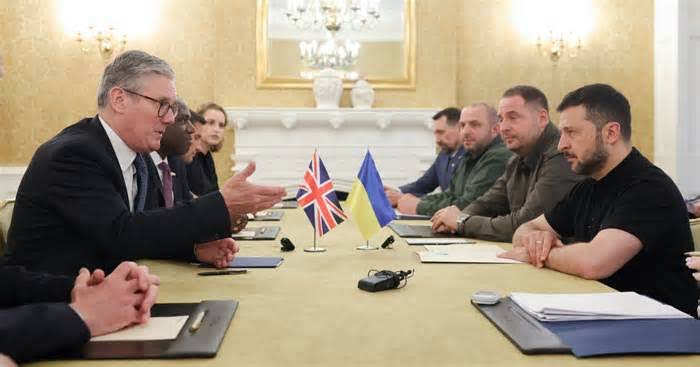
French Senator Claude Malhuret’s address in the French Senate on Tuesday has sparked considerable discussion and debate across various online platforms. In his speech, Malhuret voiced his apprehensions regarding the evolving stance of US President Donald Trump on the issue of Ukraine, highlighting a perceived shift in US foreign policy that could have far-reaching implications for European security and stability.
Malhuret emphasized the importance of the European Union’s continued commitment to supporting Ukraine in the face of ongoing challenges, particularly in light of the uncertainty surrounding US involvement. He articulated a sense of urgency, urging EU member states to not only maintain their current levels of support but to also enhance their efforts in aiding Ukraine. His statement, “The European Union must persist in its support for Ukraine and increase its efforts, as the United States can no longer be considered a dependable ally,” underscores a growing sentiment among some European leaders that reliance on the US for security guarantees may no longer be viable.
See More: US capital erases Black Lives Matter mural in wake of Trump pressure
The senator’s remarks resonate with a broader concern among European nations about the implications of shifting US policies, especially in the context of transatlantic relations and collective security. Malhuret’s call to action reflects a recognition that Europe may need to take a more proactive role in addressing regional conflicts and supporting allies, particularly in Eastern Europe.
As the speech circulated online, it drew attention not only for its critical stance on Trump but also for its implications regarding the future of EU-US relations and the geopolitical landscape in Europe. Many commentators and analysts have engaged with Malhuret’s points, discussing the potential consequences of a diminished US role in global affairs and the responsibilities that may fall to European nations as a result.
Overall, Malhuret’s address serves as a significant reminder of the complexities of international alliances and the need for Europe to reassess its strategies in light of changing dynamics in global politics.



